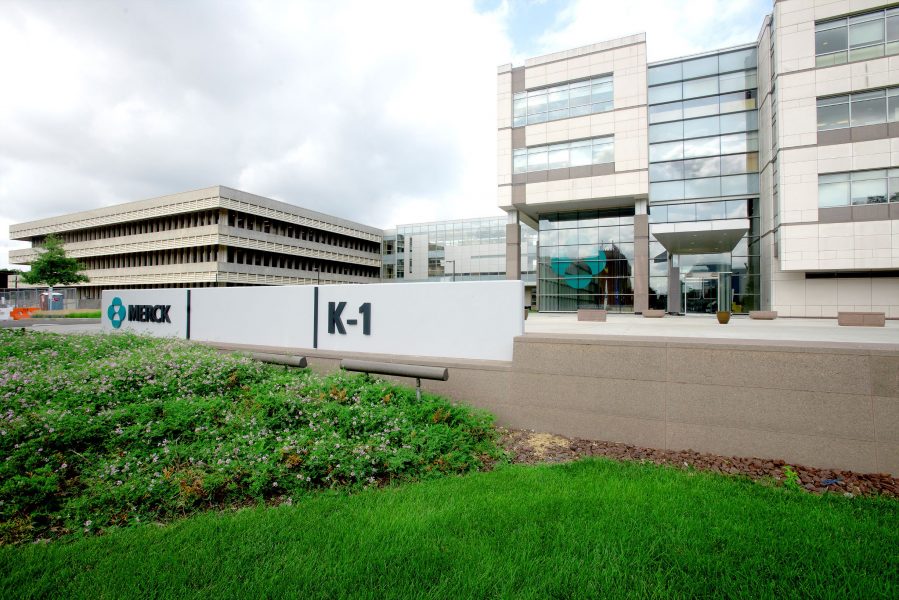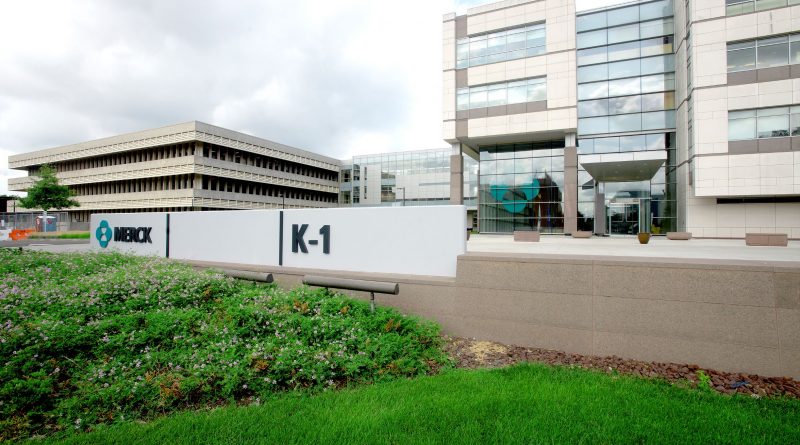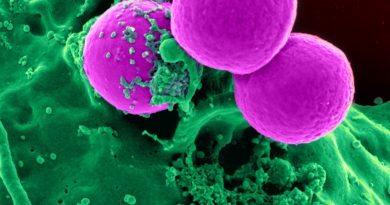Merck boosts autoimmune diseases pipeline with $1.85 Bill Pandion acquisition
Merck & Co. is set to boosts its autoimmune diseases pipeline through the acquisition of Pandion Therapeutics for circa $1.85 billion.
American multinational pharmaceutical company Merck & Co. and Pandion Therapeutics, a clinical-stage biotech company developing bispecific antibody therapeutics targeting autoimmune diseases, revealed on Feb. 25, that they have entered into a definitive agreement, under which Merck, will acquire Pandion, for $60 per share in cash. This represents an approximate total equity value of $1.85 billion.
Dr. Dean Y. Li, president, Merck Research Laboratories stated:
“This acquisition builds upon Merck’s strategy to identify and secure candidates with differentiated and potentially foundational characteristics. Pandion has applied its TALON technology to develop a robust pipeline of candidates designed to re-balance the immune response with potential applications across a wide array of autoimmune diseases.”
Pandion Therapeutics, Inc. (Nasdaq: PAND) is furthering a pipeline of precision immune modulators targeting critical immune control nodes. Pandion’s lead candidate, PT101, is an engineered IL-2 mutein fused to a protein backbone developed to selectively activate and expand regulatory T cells (Tregs) for the potential treatment of ulcerative colitis and other autoimmune diseases. On the 4th of January 2021, Pandion announced that PT101 had completed a Phase 1a clinical trial, which met its primary objective of safety and tolerability. The company’s pipeline also includes PD-1 agonists in development for numerous autoimmune diseases.
Dr. Rahul Kakkar, CEO, Pandion Therapeutics said:
“Pandion grew out of our founders’ personal and scientific mission to change the way patients living with autoimmune diseases are treated. In just a few years, we have taken that mission from idea to clinical proof of mechanism with PT101, our lead IL-2 mutein. We are proud that Merck has recognized our team’s innovation and drive in creating a pipeline of diverse candidates that activate natural immune regulatory mechanisms and thereby have the potential to achieve better clinical responses for patients. We believe Merck is well positioned to bring our novel approach to the millions of those living with autoimmune diseases, and we look forward to seeing these molecules progress in the clinic.”
Under the terms of the agreement, Merck, through a subsidiary, will initiate a tender offer to purchase all outstanding shares of Pandion. The closing of the tender offer will be subject to specific conditions, including the tender of shares representing at least a majority of the total number of Pandion’s shares of fully-diluted common stock, the expiration of the waiting period under the Hart-Scott-Rodino Antitrust Improvements Act and other customary conditions.
Once the tender offer is successfully completed, Merck’s acquisition subsidiary will be merged into Pandion, and any remaining shares of common stock of Pandion will be cancelled and converted into the right to receive the same $60 per share price payable in the tender offer. The transaction is expected to close in the first half of 2021.
Credit Suisse Securities (USA) LLC is acting as financial advisor to Merck and Covington & Burling LLP as its legal advisor. Centerview Partners LLC is acting as financial advisor to Pandion and Skadden, Arps, Slate, Meagher & Flom LLP as legal advisor.
About Regulatory T Cells (Tregs)
Tregs act as a control node within the immune system and can inhibit the activity of several different pro-inflammatory immune cell types. Tregs are critical for self-tolerance, or the ability of the immune system to recognize a hosts’ cells and not produce an immune attack against them. Defects in Tregs result in multi-organ inflammation and their dysfunction is associated with many autoimmune diseases. Multiple third-party clinical trials suggest that the expansion of Tregs by low-dose IL-2 can benefit patients with autoimmune diseases.
About PT101
PT101 is an engineered IL-2 mutein fused to a protein backbone designed to selectively activate and expand regulatory T cells for the treatment of autoimmune diseases. In autoimmune diseases, the immune system inappropriately attacks a host’s cells, and targeting Tregs could allow the immune system to regain control and return to homeostasis.
PT101 has completed a Phase 1a clinical trial, which achieved its primary objective of safety and tolerability. In the randomized, blinded clinical trial which enrolled 56 healthy volunteers, PT101 demonstrated proof of mechanism by selectively expanding Tregs in healthy volunteers. It was further observed to be well-tolerated and there were no serious adverse events.
About Pandion Therapeutics
Pandion Therapeutics is developing innovative therapeutics designed to address the unmet needs of patients living with autoimmune diseases. Pandion’s TALON (Therapeutic Autoimmune reguLatOry proteiN) drug design and discovery platform enable the company to create a pipeline of therapeutic candidates using immunomodulatory effector modules, with the ability to also combine an effector module with a tissue-targeted tether module in a bifunctional format. Pandion’s lead product candidate PT101, a combination of an interleukin-2 mutein effector module with a protein backbone, is designed to selectively expand regulatory T cells systemically, without activating proinflammatory cells, such as conventional T cells and natural killer cells. Pandion is continuing to develop and expand its library of effector and tether modules as part of its earlier-stage research and discovery pipeline. For more information, please visit www.pandiontx.com
About Merck

For the last 130 years, Merck, also known as MSD outside of the United States and Canada, has been inventing for life, bringing forward medicines and vaccines for many of the world’s most challenging diseases in order to save and improve lives. The company has demonstrated its commitment to patients and population health by increasing access to health care through far-reaching policies, programs and partnerships. Today, Merck is still leading research to prevent and treat diseases that threaten people and animals – including cancer, infectious diseases such as HIV and Ebola, and emerging animal diseases. For more information, visit www.merck.com .
Recommend Companies
More Headlines





